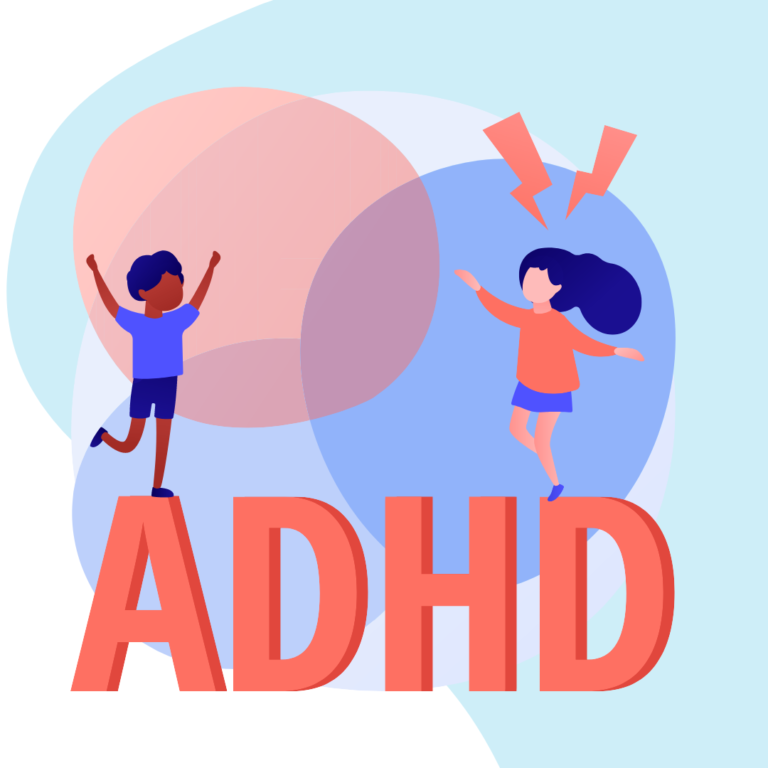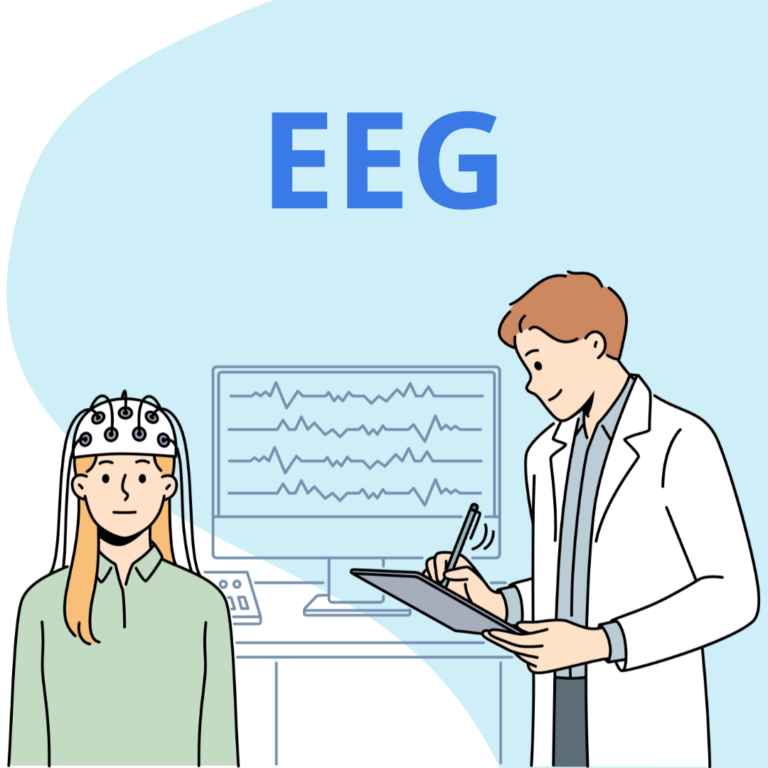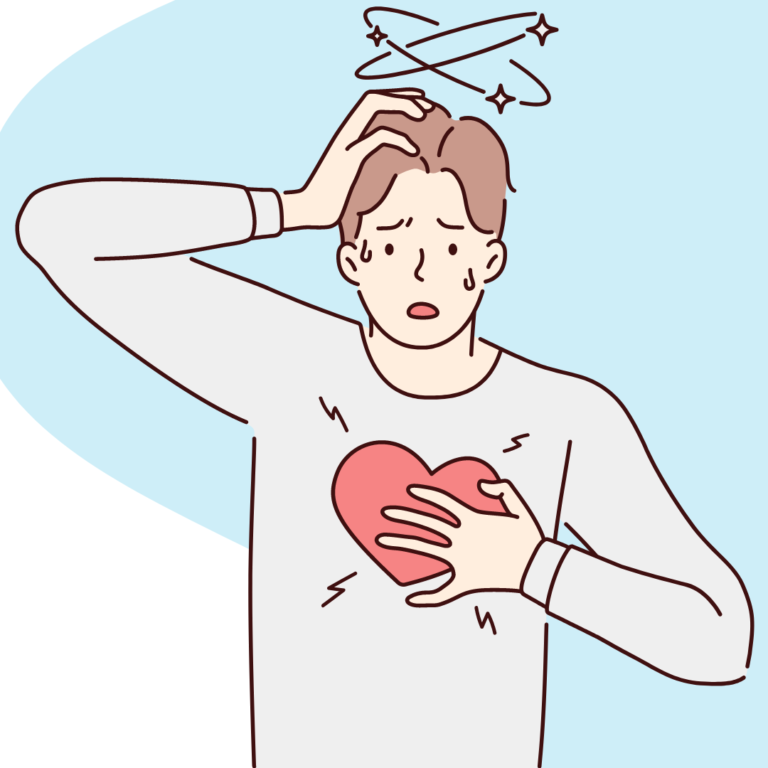ADHD (Attention Deficit Hyperactivity Disorder) and AADHD (Adult Attention Deficit Hyperactivity Disorder) are neurological disorders that affect attention, impulsivity, and motor activity. While ADHD is more commonly diagnosed in children, AADHD refers to adults who continue to experience symptoms associated with this disorder.
Symptoms of ADHD in children:
- Concentration difficulties: Children with ADHD have trouble maintaining focus on a task, easily get distracted, and struggle to complete activities. They may appear scattered and frequently lose objects.
- Excessive activity: Children with ADHD are often restless and display excessive motor activity. During school activities, they may fidget, stand up without permission, run, or climb on furniture.
- Impulsivity: Children with ADHD often act without thinking. They may interrupt others during conversations, speak before finishing thoughts, break rules, and exhibit impatience. Waiting their turn can be challenging.
Symptoms of ADHD in adults (AADHD):
- Organizational difficulties: Adults with AADHD may struggle with organizing time and tasks. Initiating and completing projects, planning, and maintaining order can be challenging. Managing household chores or work responsibilities may pose difficulties.
- Time underestimation: Individuals with AADHD often have trouble estimating the time needed to complete a task. They may be late for meetings, miss deadlines, and struggle to adhere to schedules.
- Interpersonal difficulties: Individuals with AADHD may find it challenging to maintain close relationships. They may be restless, impulsive, and have difficulty considering others’ perspectives. They may appear forgetful or disinterested.
- Emotional difficulties: Adults with AADHD may experience mood swings, frustration, and difficulty controlling emotions. They may have strong reactions to stressful situations.
It is essential to understand that ADHD/AADHD symptoms can vary in intensity among individuals. Each case is unique, so a qualified specialist should make a diagnosis based on a thorough assessment of symptoms and the patient’s history.
The causes of ADHD/AADHD are not fully understood, but a combination of genetic, neurological, and environmental factors is believed to be responsible for these disorders. Some studies suggest that deficiencies in neurotransmitters such as dopamine and norepinephrine may influence the development of ADHD/AADHD.
The psychological aspect of ADHD/AADHD focuses on behavioral therapy, helping individuals develop strategies to cope with concentration difficulties, time organization, and impulse control. Behavioral therapy can also assist in managing stress and emotions related to ADHD/AADHD.
The neurological aspect of ADHD/AADHD involves studying neurotransmitters and their role in regulating attention, impulsivity, and motor activity. Research suggests that a deficiency in neurotransmitters like dopamine and norepinephrine may contribute to ADHD/AADHD symptoms. Medications used in pharmacological treatment regulate these neurotransmitters, helping control symptoms.
Supporting individuals with ADHD/AADHD involves creating structures and routines, providing clear instructions and tasks, and allowing breaks and opportunities to release excess energy. Family, educational, and social support plays a crucial role in helping individuals with ADHD/AADHD cope with challenges and achieve success.
In conclusion, ADHD and AADHD are neurological disorders affecting attention, impulsivity, and motor activity. Treatment includes both a psychological aspect, focusing on behavioral therapy, and a neurological aspect, addressing neurotransmitter regulation. Providing support and understanding to individuals with ADHD/AADHD is crucial for them to effectively cope with challenges and reach their full potential.
CONTACT US FOR AN ADHD DIAGNOSTIC PACKAGE PROPOSAL
609 463 191




